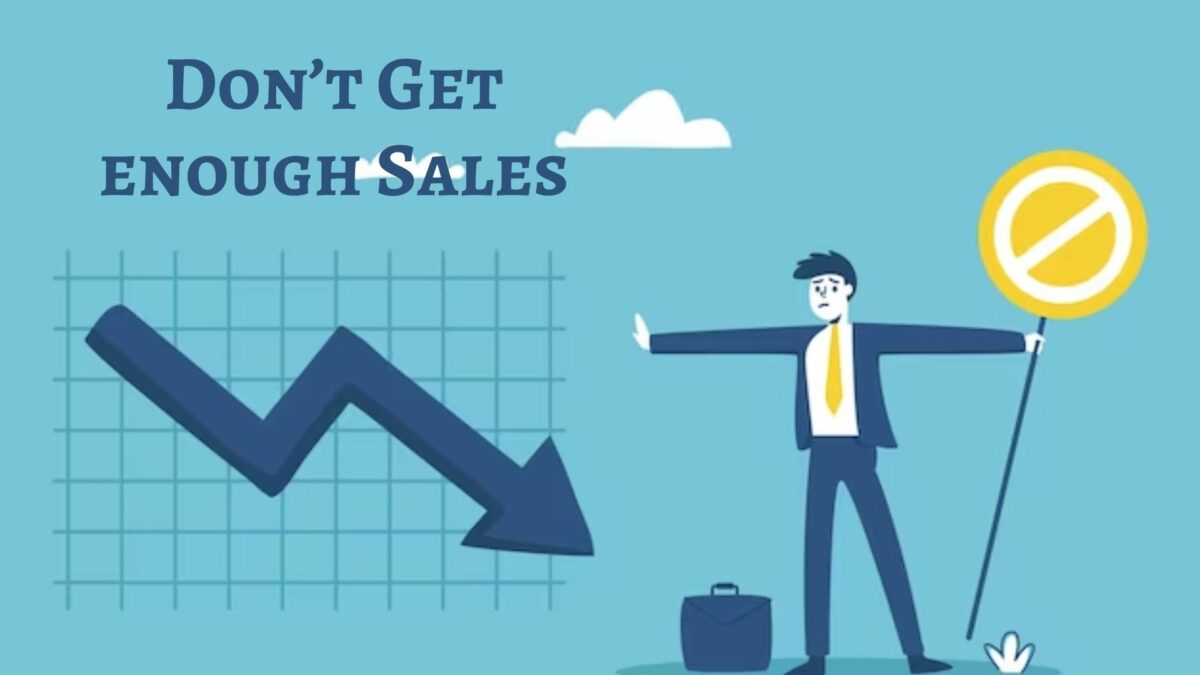“Desperation is like stealing from the Mafia: you stand a good chance of attracting the wrong attention.”
–Douglas Horton
If you run a business, nearly invariably, there will come a time when your sales dip or don’t reach the numbers that you expect them to, and a gnawing, nagging feeling will start to creep into your thoughts. That feeling is desperation. It gives rise to the questions which will pervade you and obliterate your confidence. “Am I good enough to do this?” “Do people really want my product/service?” “Has the economy fallen off a cliff?” “Will I have to live in a van down by the river?”
When I was an Army officer living in Germany, I and almost all of my friends were single men. On most weekends, especially when we weren’t dating, we’d head down to downtown Frankfurt and go bar hopping with the hope that we’d meet women. Of course, we tried to play off the idea that we were actually looking to meet women, thinking that some Zen-like approach of being interested in anything but the actual thing that we were interested in would help mitigate that whiff of desperation.
We called that whiff “buck scent.” We likened it to the scent that male deer get when it’s mating season which causes them to run around looking for mates and, in turn, causing the potential mates to run away as far as possible. Our theory was that women could smell “buck scent” a mile away, and it was as repulsive to them as the north end of a magnet was to another north end of a magnet.
Years later, fast forward to when I was running a business and sales were getting to a precarious point where we would only have a couple of months of run rate in our accounts receivables, I faced a similar situation. I wanted (desperately) to have sales, but knew that if a potential customer sensed that desperation, I was doomed. If the customer knew that I needed a sale, it would bring up the following negative outcomes:
- The customer could drive a hard bargain on price. If I needed the money soon, then I’d probably be willing to take anything that came along. I lost the leverage of being able to play to my strengths, as I couldn’t legitimately walk away from the negotiations.
- There was risk involved in execution. If we were perceived to be close to the precipice, then what would ensure that we’d be a going concern halfway through the contract? Having stability and continuity improved the chances of a successful project; yet, if we were threatened with not being able to pay wages, would we lose the people who were assigned to the project?
- Could we actually do the work? If we needed money that badly, were we signing up contracts to do anything other than the services that we were actually good at?
- They could try to poach our talent rather than go through us. If we weren’t going to be around in a few months anyway, why not grab the people who could do the work and get them to do the work as employees rather than going through my company and paying the markup?

None of our customers, to my knowledge, ever knew when or how close to a cliff we were, fortunately. Here are the things I did to keep the “buck scent” off of myself when closing sales:
- Focus on value. Our company’s value proposition was that we had great people who knew what they were doing, and therefore, we were worth the markup. We were a boutique. We were priced like a boutique. Our price reflected our value. Therefore, I focused on value.
- Tell stories that connected what we’d done in the past to what we were going to do for this customer. People who buy want assurance that they’re not going to waste money. It’s the same whether you’re a consumer or a buyer for a company. Buyers of all ilk look to brand signals and other indicators that they’re not going to get the bad end of a bargain. By being the storyteller, I could show how we’d faced similar situations in the past and delivered positive outcomes. While we almost never faced the same problem twice, we tended to face similar problems, and I could always say “We’d never seen that previous problem before, but we handled it because we’d seen similar problems.”
- Talk about the benefits and how the customer’s future would be improved. By taking a positive approach and telling a story that focused on customer benefits rather than on us, I turned the focus of the conversation back on the customer, which is where it needed to be. Always weave in WIIFM (What’s In It For Me?) for the customer when telling your story. Having the greatest process, the greatest team, the greatest whatever means nothing to someone who is about to write a check if that person can’t connect the dots to get to a point where he sees how his life improves as a result of writing that check.
Every business owner is a salesperson. Most employees of small businesses are, to some extent, salespeople as well, even if it’s not explicitly in the job description (it should be). Unless you start off on day 1 with more demand than you can possibly meet, chances are that at some point, your sales funnel won’t be as full as you want or need it to be. Don’t let desperation creep in, and don’t let anyone ever catch a whiff of “buck scent” on you.
Author Profile
- John Davis is a nationally recognized expert on credit reporting, credit scoring, and identity theft. He has written four books about his expertise in the field and has been featured extensively in numerous media outlets such as The Wall Street Journal, The Washington Post, CNN, CBS News, CNBC, Fox Business, and many more. With over 20 years of experience helping consumers understand their credit and identity protection rights, John is passionate about empowering people to take control of their finances. He works with financial institutions to develop consumer-friendly policies that promote financial literacy and responsible borrowing habits.
Latest entries
 Low Income GrantsSeptember 25, 2023How to Get a Free Government Phone: A Step-by-Step Guide
Low Income GrantsSeptember 25, 2023How to Get a Free Government Phone: A Step-by-Step Guide Low Income GrantsSeptember 25, 2023Dental Charities That Help With Dental Costs
Low Income GrantsSeptember 25, 2023Dental Charities That Help With Dental Costs Low Income GrantsSeptember 25, 2023Low-Cost Hearing Aids for Seniors: A Comprehensive Guide
Low Income GrantsSeptember 25, 2023Low-Cost Hearing Aids for Seniors: A Comprehensive Guide Low Income GrantsSeptember 25, 2023Second Chance Apartments that Accept Evictions: A Comprehensive Guide
Low Income GrantsSeptember 25, 2023Second Chance Apartments that Accept Evictions: A Comprehensive Guide

